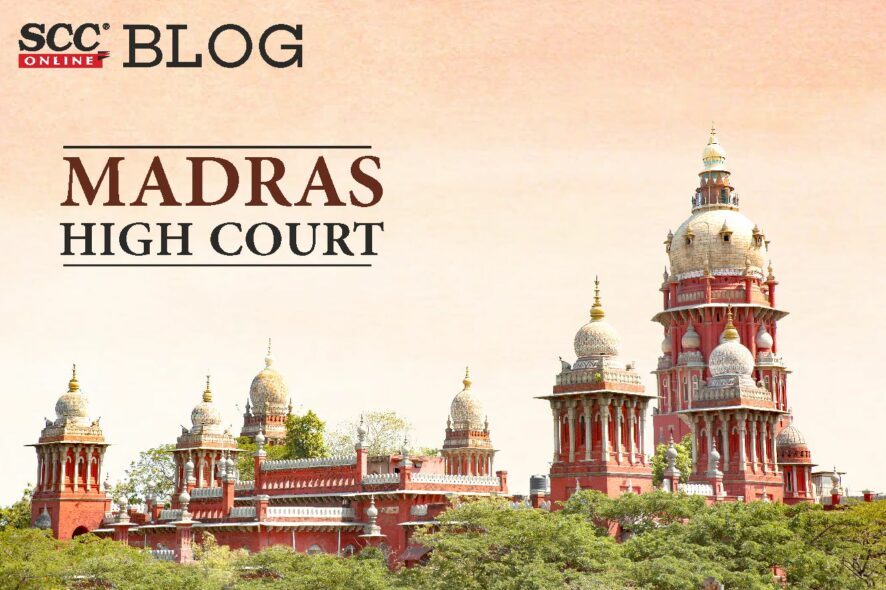Madras High Court: In a case where a mother administered poison to her daughters and she survived but the daughters died, D. Bharatha Chakravarthy J. took a lenient approach in sentencing a woman convicted under Section 302 and Section 304 Penal Code, 1860 on account of the ‘Nalla Thangal Syndrome’.
The present appeal arises out of an order dated 27-09-2019 of a Fast Track Court, Vellore, that found the accused guilty of Section 302 and 304 IPC (2 counts) and imposed a sentence of Rigorous Imprisonment for three years and to pay a fine of Rs.1,000/- for each count. The case was condemned as a glaring testimony of the perpetuating gender inequality in society. The accused was a mother of three girls- Lathika, Hasini and a one-and-a-half months old baby, on 22-07-16, when distraught from the overbearing taunts of the society about her misfortune for bearing only female children, she committed the alleged offence. She administered a poison- Organo Phosphorus compound to Hasini and the baby girl and then consumed it herself, in an attempt to commit suicide. Subsequently, while she was rescued, both the children died.
After the registration of the case under Section 302 and Section 304 of Penal Code, 1860 and filing of the final report, it was committed to the Principal Sessions Court, Vellore and thereafter was forwarded to the Trial Court. Pursuant to this, prosecution engaged in examination of witnesses and production of material evidence on record. After considering the same, the Trial Court verified the facts and concluded that this was an instance of the ‘Nalla Thangal Syndrome’ which is such a state of mind in which the mother kills her children before killing herself, because of the thought that there would be no one to look after them. The concept was founded by District Judge in the case In Re Sreerangayee v. Unknown,1972 SCC OnLine Mad 470 by considering the legend story of Nalla Thangal contained in Tamil literature.
Thus, condemning the pitiful view of society in regard to the birth of a girl child, and considering the above-mentioned relevant cases, the Bench upheld the decision of the Trial Court and disposed the appeal accordingly. The Court found it more appropriate to release the accused under and befitting to release the appellant/accused under Section 4, Probation of Offenders Act, 1958.
It is germane to mention that during Trial the appellant/accused begot one more female child, thus now having 4 children wherein two are dead and two are alive. Thus, the Court directed the appellant to execute a bond for good behavior for a period of two years and undertook to educate both the female children at least up to the under-graduate level and also to see their upbringing in the best possible way. She was also required to appear before the Trial Court every two years to confirm the same and finally, her husband also executed a bond, standing as a surety for the compliance of these directives.
[Sathiya v. State, 2022 SCC OnLine Mad 3969, decided on 14-07-2022]
Advocates who appeared in this case :
R. Jothi, Advocate, for the Appellant;
S. Vinoth Kumar, Advocate, for the Respondent.
*Arunima Bose, Editorial Assistant has reported this brief.







